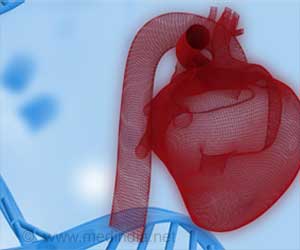Dr. Alissa Zingman, who was diagnosed with Ehlers-Danlos Syndrome, was dismissed for about 20 years by the doctors.
- After 20 years of being dismissed by doctors, Dr. Alissa Zingman was diagnosed with Ehlers-Danlos Syndrome (EDS), a hereditary disorder affecting the body's connective tissue
- Zingman, who had been a semi-professional dancer, had given up her orthopaedic surgery training and could not walk some days due to slipped discs in her back and other symptoms related to EDS
- It emphasizes the importance of doctors taking patients' symptoms seriously, even when they do not fully understand the underlying cause
Living with Ehlers-Danlos Syndrome: Impact on Career and Daily Life
There are rarer forms of the syndrome, such as vascular EDS, which causes artery and organ walls to rupture, but Zingman has the more common hypermobile EDS. She had been a semi-professional dancer as a kid and teenager, thanks in part to her exceptional flexibility, but by the time she was diagnosed in her 30s, having become a doctor and having a daughter, she had given up her orthopedic surgery training and could not walk some days. She had slipped discs in her back, one of which occurred while she was seated at her computer, and she was in and out of the hospital with gastrointestinal disorders, her stomach so bloated that she appeared heavily pregnant, and she frequently felt on the verge of fainting out. She was also experiencing incontinence at times. "I was so far gone by the time I was diagnosed," she adds. When we meet on Zoom, Zingman is speaking from Maryland, US, and she could not be more dissimilar. She appears to be lively and articulate, and she frequently laughs.Understanding Ehlers-Danlos Syndrome: Symptoms and Diagnosis
She claims her diagnosis was not a comfort because there is no cure. The physician who diagnosed her informed her that with treatment, she could expect a 10%-15% improvement. "I was barely able to care for my daughter on my own, and I wasn't sure whether I was well enough to practice medicine at all - so thinking the best I could expect was a 10%-15% improvement was depressing..." She takes a breather. "I think it was the lowest I'd ever been."“It was a terrible feeling, but I had a supportive spouse who was the primary breadwinner; I was not a single parent living in poverty, with no family support. It’s really hard, looking at other people going through this without the education, resources and support system that were all such huge advantages for me.”
Source-Medindia












